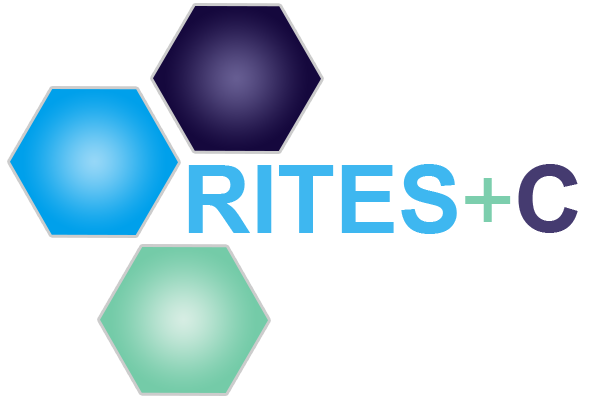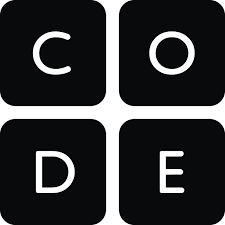Grade 8
| National History Day |
 |
National History Day is a collaborative enrichment project offered as a capstone project to 8th grade students as part of their social studies curriculum. The project is tiered to offer students appropriate challenge and support while they explore historical topics of their choice under an annual theme. The 2018 NHD theme is: “Conflict and Compromise in History”. Students will work through the research process to answer empirical questions about their topic, then choose a way to best display their work: through a documentary, website, paper, exhibit or performance. Students who choose to worktowards a greater challenge can attempt the tasks that will prepare them for the National History Day Contest that first takes place at the school level at which the top 2 students - both individual and group - from each category can advance to the Rhode Island State contest where they compete for a chance to go to College Park Maryland to culminate their experience at the National Contest.

For support during the school year, please refer to our Pier School NHD website.
Computer Science 
Through the CS4RI initiative, Governor Gina Raimondo has declared that every student, at every level, has access to the new basic skill: computer science. Beginning in the 2017-2018 school year, The Pier School is now offering this brand-new course to all students in 8th grade for one semester, either fall or spring.
The University of Rhode Island in collaboration with Code.org have developed a Middle School CS Discoveries course from which the Pier School will offer 8th graders: 

2017-2018 School Year -
In this unit, students build coding experience as they create programmatic images, animations, interactive art, and games. Starting off with simple, primitive shapes and building up to more sophisticated sprite-based games, students become familiar with the programming concepts and the design process computer scientists use daily. They then learn how these simpler constructs can be combined to create more complex programs. In the final project, students develop a personalized, interactive program. Along the way, they practice design, testing, and iteration, as they come to see that failure and debugging are an expected and valuable part of the programming process.
2018-2019 School Year -
This unit is a highly interactive and collaborative introduction to the field of computer science, as framed within the broader pursuit of solving problems. Through a series of puzzles, challenges, and real world scenarios, students are introduced to a problem solving process that they will return to repeatedly throughout the course. They then explore how computers represent and process information in order to solve certain kinds of problems. The unit concludes with students designing an application that could help address a problem of their choosing.
+
This unit transitions students from thinking about computer science as a tool to solve their own problems towards considering the broader social impacts of computing. Through a series of design challenges, students are asked to consider and understand the needs of others while developing a solution to a problem. The second half of the unit consists of an iterative team project, during which students have the opportunity to identify a need that they care about, prototype solutions both on paper and in App Lab, and test their solutions with real users to get feedback and drive further iteration.
Socratic Seminar 
Socratic Seminar is offered to selected students during the SOAR block, one day per week for the entire school year. This course, in basic form, is a timed discussion that splits the class into two groups. The groups sit in concentric circles, holding their notes on the reading and facing the center of the room. The inner circle has 10 minutes to discuss the reading while the outer circle observes. When the 10 minutes are up, the outer circle reports their observations in regards to the quality of the discussion to the inner circle, and then the two circles switch. The process is repeated with a new discussion of the text or with a discussion of a second text to be compared.
The purpose of the discussion is to reach a deeper understanding of the style and meaning of the text through critical reading techniques. Therefore, when students are preparing for the discussion, their job is to ponder the text, think of questions to ask and consider their own reactions to the text. The text students will use for discussion in Seminar derive from Philosophy For Kids: 40 Fun Questions That Help You Wonder About Everything! Written by David White. Philosophy for Kids offers young people the opportunity to become acquainted with the wonders of philosophy. Students will grapple with the questions philosophers have discussed since the ancient Greeks. Questions include: "Who are your friends?" "Can computers think?" "Can something logical not make sense?" "Can you think about nothing?"
This is an engaging and constructive way for students to share what they believe in a format where they can learn from each other as well as from specified text. Students will meet once a week during SOAR. This is a “flipped” classroom environment where homework is assigned one week prior to the class in which it will be discussed. Students can communicate questions or access supporting materials, including the text for the week by accessing their google classroom at any time prior to the meeting date.
Event Planning
Event Planning, or more commonly referred to as “The Talent Show” is offered to selected students during the SOAR block, one day per week for the entire school year. Students will explore the career of event planning as they work together as a whole to develop the concept for a fundraising event to raise money for the enrichment program; It can be a talent show, skit night, or whatever the group creatively decides together. They will identify key tasks to complete their goals, break into small groups to carry out action plans, and culminate with a successful performance as a capstone project to their enrichment years at the Narragansett Pier School.
Being in this class does not mean you need to perform! Students can explore or build skills in many areas including: acting, sound tech, lighting tech, back-stage management, set-building and painting, skit-writing, directing, producing, front-of-house, child-wrangling, costuming, prop-making, and more!
Students who take this course must be self-motivated, able to work effectively and positively in a team and demonstrate exemplary task-commitment. Students who demonstrate these skills and practice them during the school year have had a fun, engaging experience and have learned a lot about how they work in a team. Students have been able to apply this knowledge to future projects they’ve been involved with.
This project is truly a student-run project from the first ideas to the direction of the final production. Because of this, rehearsals the week of the Talent Show (June 2018) as well as the show itself are MANDATORY for participation in this course. Punctuality and attendance as well as effort on these days counts as part of the student’s final grade.